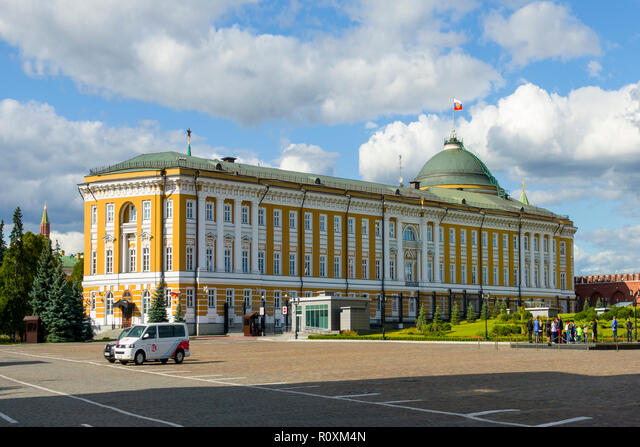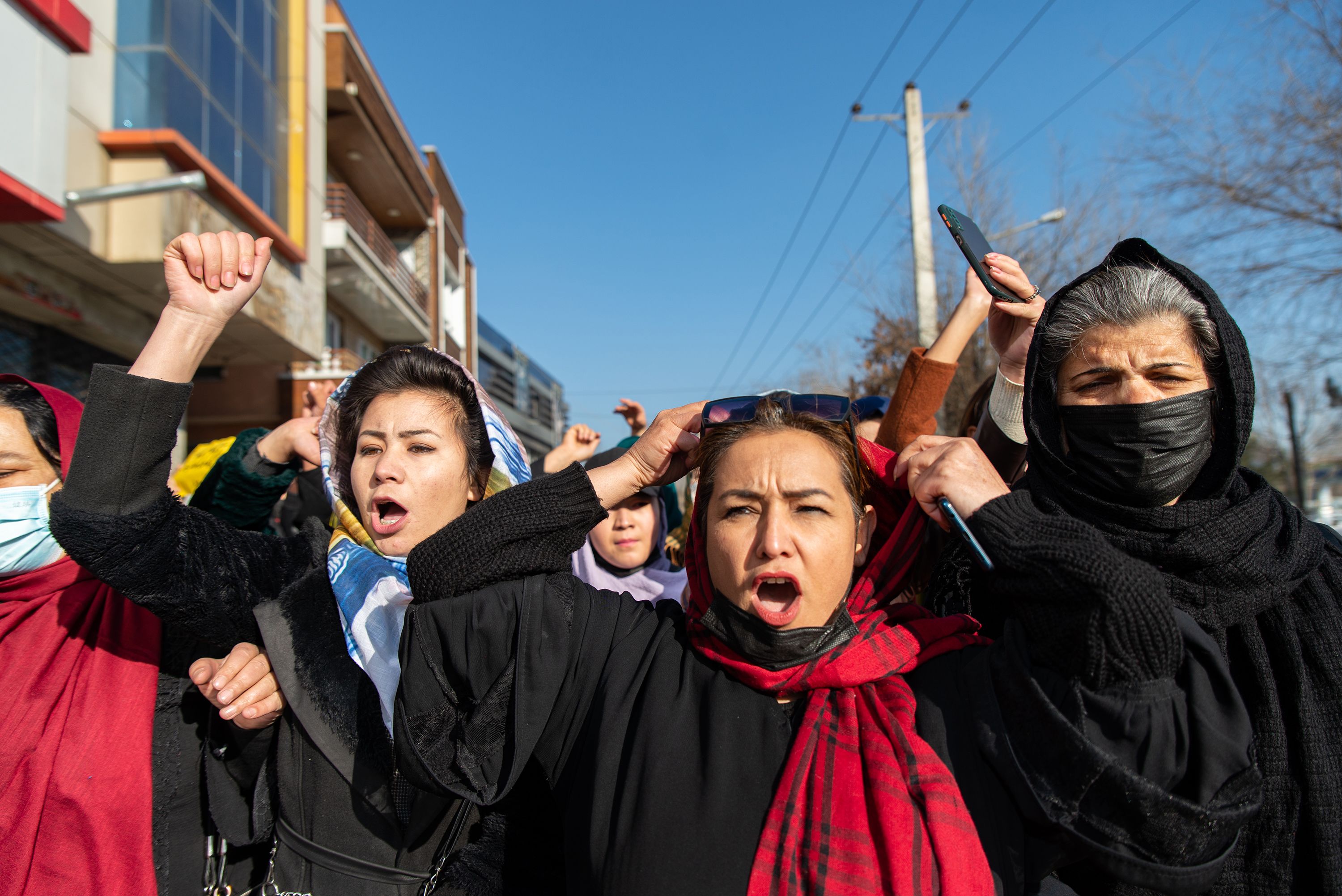On July 3, 2025, Russia made headlines by becoming the first nation to formally recognize the Taliban as the ruling government of Afghanistan. This unprecedented diplomatic shift raises critical questions about the implications for human rights, international relations, and the global fight for social justice.
Russia"s Strategic Alignment with the Taliban
The recognition comes at a time when Russia is facing increased isolation from Western nations following its invasion of Ukraine. According to Reuters, the Kremlin views its growing ties with totalitarian regimes as a means to solidify economic and military partnerships. This strategic alignment with the Taliban signifies a troubling willingness to overlook severe human rights abuses in exchange for geopolitical advantage.
Human Rights Violations Under Taliban Rule
The Taliban"s regime has been marked by an alarming rollback of women"s rights and severe restrictions on personal freedoms. Under their rule, women have been banned from education and face brutal punishments for defying strict Islamic law. Reports of public stonings and other forms of violence against women are rampant, raising significant ethical concerns about the international community"s tacit acceptance of such governance.

Kremlin Senate building inside The Kremlin Moscow Russian ...
The Economic Implications of Recognition
Recognizing the Taliban opens the door for potential economic engagement. Russia"s Foreign Ministry has indicated that this recognition will foster productive cooperation between the two nations. According to TASS, Russia has already deepened trade ties and invested in Afghan infrastructure. As the Kremlin seeks new markets to counteract Western sanctions, one must question the ethical ramifications of such economic partnerships when they come at the cost of human dignity.
Impact on Global Human Rights Advocacy
This recognition poses a severe setback for global human rights advocacy. By legitimizing the Taliban, Russia signals to other nations that human rights abuses can be overlooked if they align with strategic interests. This could embolden other authoritarian regimes to act without fear of international repercussions. The implications for social justice and equity are dire, particularly for marginalized populations who rely on global support to uphold their rights.

Taliban use water cannon on women protesting education order ...
International Responses and Future Consequences
The international community"s response to Russia"s decision remains to be seen. Will Western nations take a stand against this gross violation of human rights? Or will they, too, prioritize geopolitical interests over ethical considerations? The ramifications of this recognition extend far beyond Afghanistan, potentially reshaping global alliances and the future of human rights advocacy.


![[Video] Heavy clashes and gunfire reported in Baghdad, Iraq](/_next/image?url=%2Fapi%2Fimage%2Fthumbnails%2Fthumbnail-1768342239932-848qsh-thumbnail.jpg&w=3840&q=75)




![[Video] Gunfire between Iraqi security forces and Sadr militias in Baghdad](/_next/image?url=%2Fapi%2Fimage%2Fthumbnails%2Fthumbnail-1768343508874-4redb-thumbnail.jpg&w=3840&q=75)
